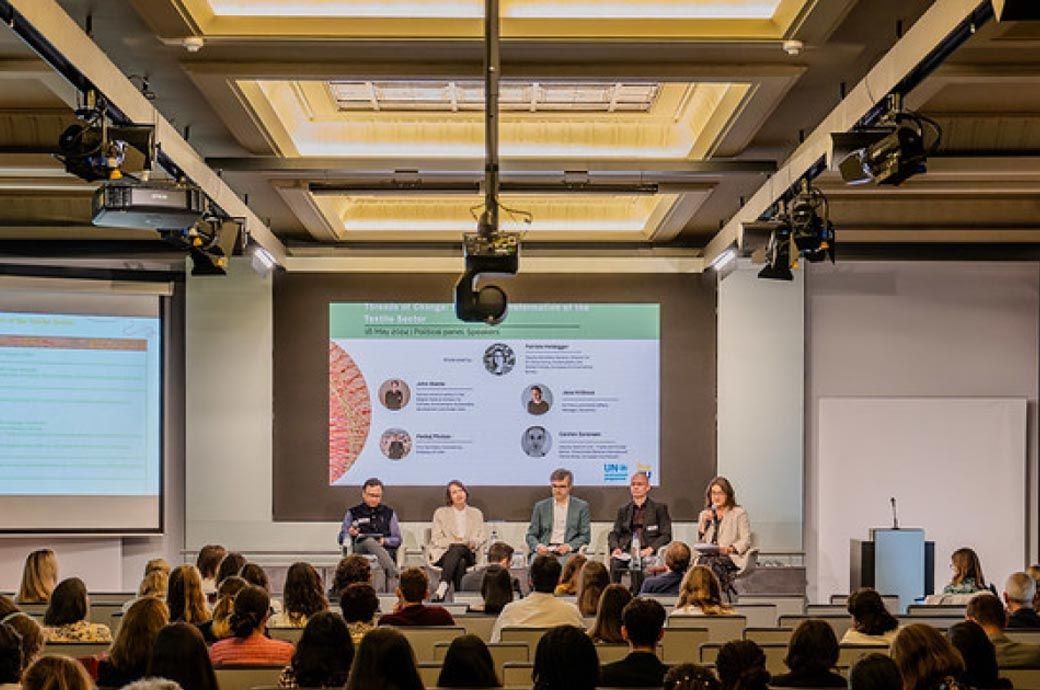
This is especially true for small-scale producers, which in practical terms follow most of the sustainable methods of production, but may find the norms for traceability reporting onerous, they felt.
The EU Strategy for Sustainable and Circular Textiles outlines the need for sustainable production and consumption of textiles, calling for all textile products sold in the EU market to be designed, produced used and repurposed to be circular by 2030.
Jointly hosted by the United Nations Environment Programme (UNEP) and the Belgian Presidency of the EU Council, the meeting brought together policymakers, industry representatives and associations, civil society, youth and academics to discuss ways to shift the textile sector towards sustainability and circularity.
Panelists highlighted the need for better information sharing, global traceability of products and collective action to tackle microplastics, while the private sector demanded clear rules that everybody must follow, an UNEP release said.
Beyond a focus on eco-design and reparability of the clothes, addressing overconsumption and overproduction of textiles, more collaboration between the textiles industry and emerging creators, were considered of key importance towards a systemic transformation in the sector.
Fibre2Fashion News Desk (DS)